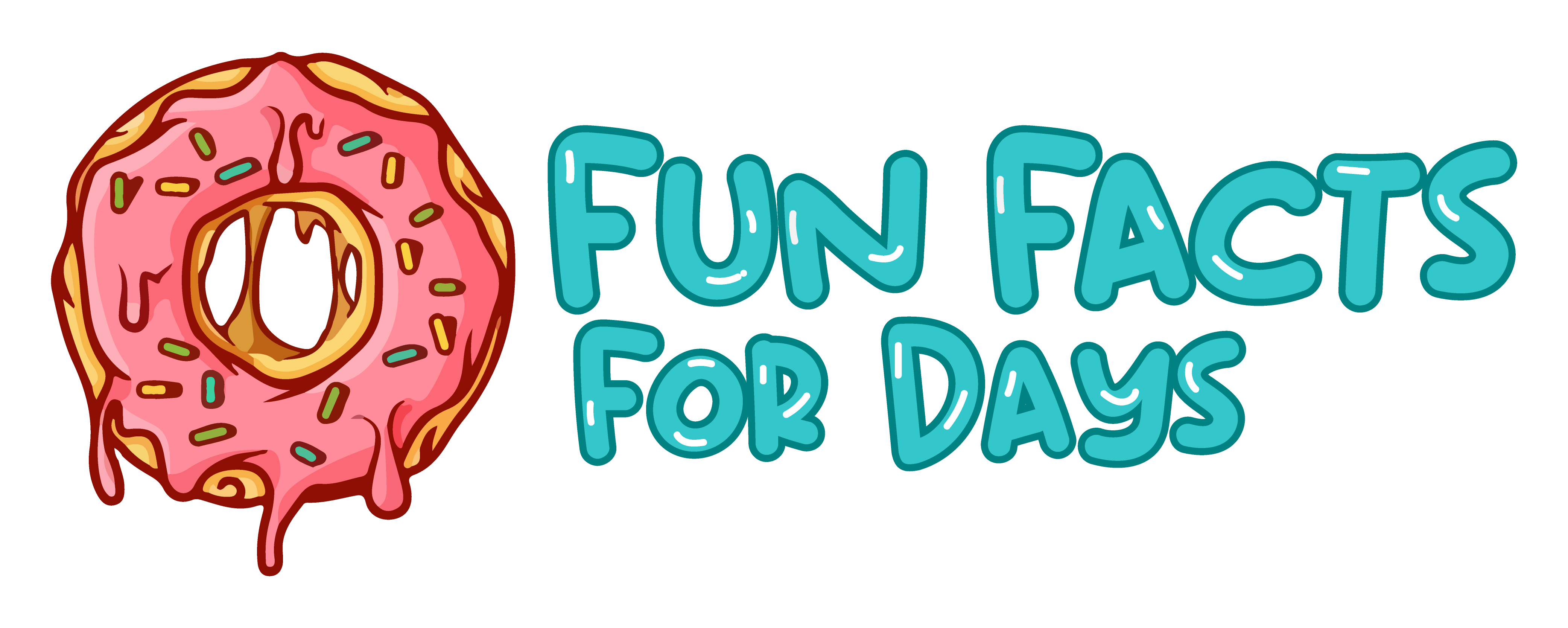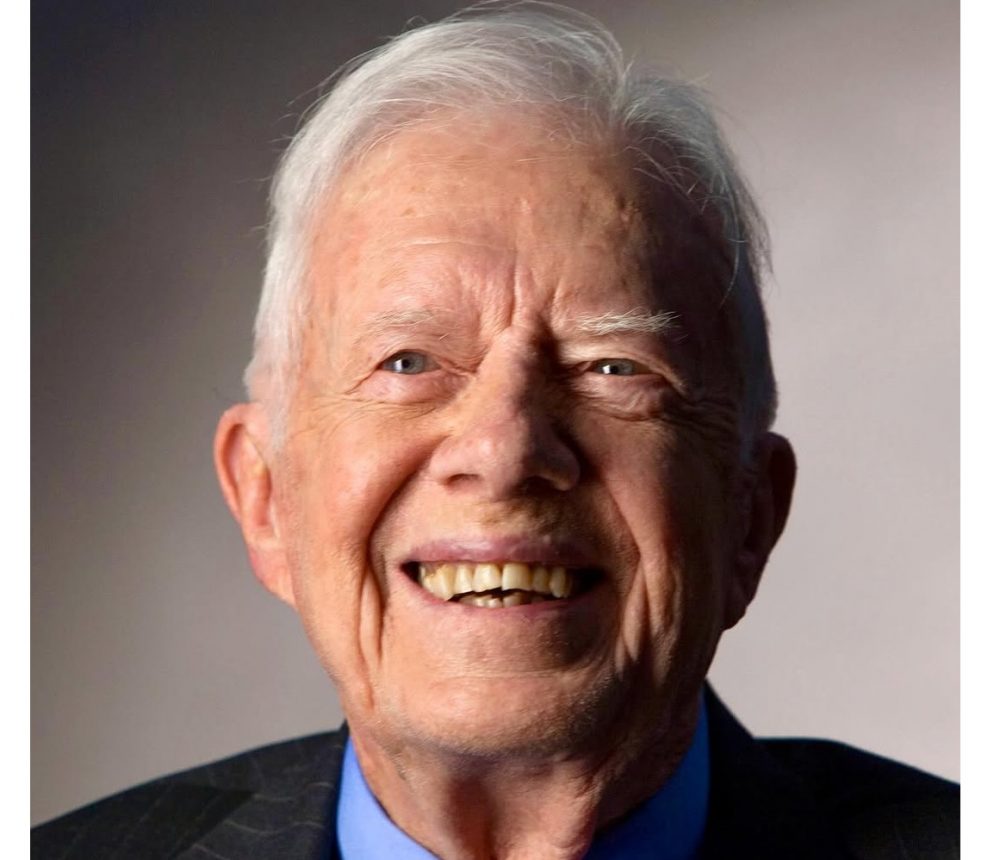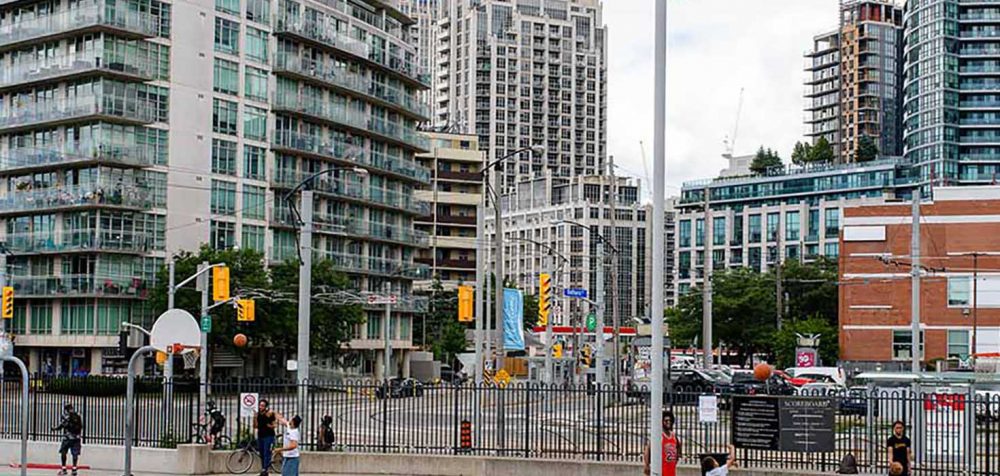German Chancellor Olaf Scholz fired his finance minister, Christian Lindner, setting Germany's "traffic light" coalition on precarious ground. The chancellor stated his decision was necessary to "prevent harm to our country," reflecting the growing tensions within the coalition. Scholz’s dismissal of Lindner underscores deep ideological divides among the ruling coalition's Social Democratic Party, Free Democratic Party, and the Greens.
Coalition Crisis Unfolds in Germany
The political drama comes amid fears that global shifts, including potential U.S. policy changes, may further destabilize Germany's economy. After Scholz's announcement, Lindner's Free Democratic Party (FDP) declared its departure from the coalition, which rattled the government. However, Green Party leader Robert Habeck assured supporters that his party would stay in the coalition, emphasizing stability. Scholz aims to call a confidence vote on January 15, which could pave the way for new elections by March, intensifying uncertainty within Germany’s political landscape.
Scholz’s decision underscores growing dissatisfaction within the coalition. He hinted at working with opposition leader Friedrich Merz of the Christian Democratic Union to push through crucial economic and defense reforms legislation, saying, "The economy cannot wait until after the elections." The move reveals Scholz's commitment to economic priorities despite the coalition's fragile state.
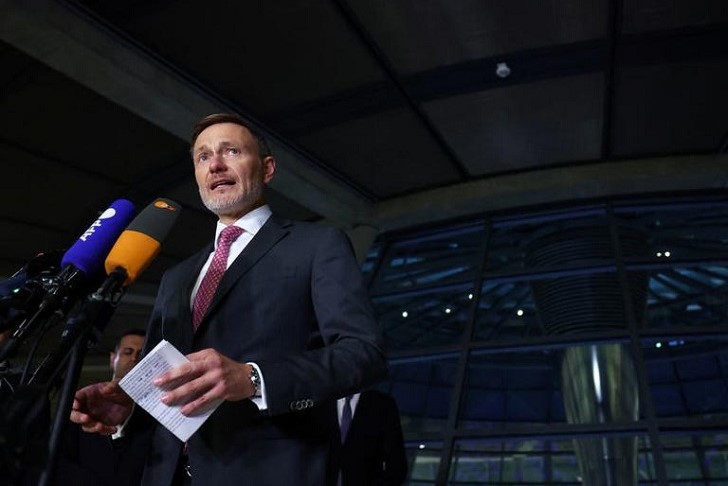
Sarah Marsh | MSN | Lindner's Free Democratic Party (FDP) declared its departure from the coalition, which rattled the government.
"Traffic Light Crisis": A Divided Economic Vision
The coalition crisis has been widely referred to as the "traffic light crisis," a nod to the coalition’s symbolic colors. Differing economic ideologies have driven a wedge between the coalition’s parties, with each faction holding distinct views on the future of Germany’s economic direction. The clash escalated following Lindner’s release of an 18-page document titled "Germany's Economic Turnaround." The publication sharply criticized the coalition’s current economic policies and proposed tax cuts as a solution to Germany’s challenges, a stance that sharply conflicts with his coalition partners.
German media described Lindner’s manifesto-like document as a clear signal of his departure from the coalition’s united front. His call for fundamental economic revisions led many to speculate it may serve as a campaign manifesto, especially with an eye toward future elections. Until recently, Germany’s next scheduled elections were set for September 2025. However, the current crisis could expedite this timeline, setting Germany on a path toward snap elections for the first time since 2005.
A Public War of Words
The fallout led to a series of heated public exchanges between Scholz and Lindner. Scholz accused Lindner of blocking key proposals in his press conference, citing a "lack of trust" in their working relationship. Scholz’s pointed remarks suggest frustration with Lindner's resistance to cooperative governance, with accusations that Lindner prioritized party interests over the broader national good. Adding fuel to the fire, Scholz asserted that Lindner’s dismissal would proceed with formal backing from President Frank-Walter Steinmeier.
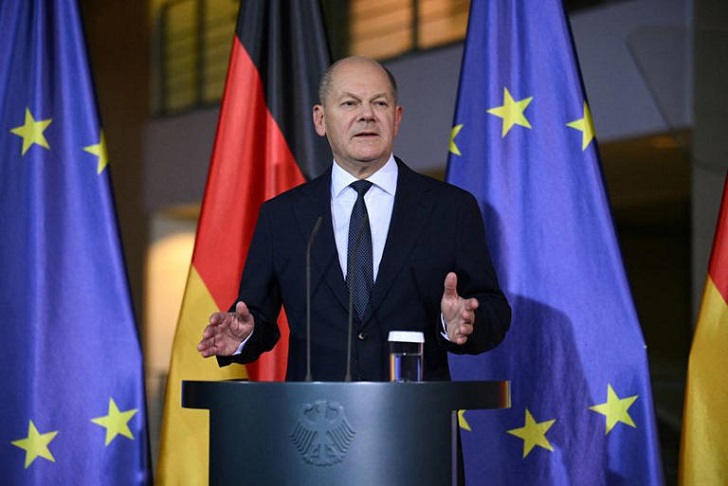
Reuters | MSN | Scholz accused Lindner of blocking key proposals in his press conference, citing a "lack of trust" in their working relationship.
Responding to Scholz's accusations, Lindner fired back, revealing that he had recommended early elections to resolve the budget deadlock, an idea Scholz rejected. He further criticized Scholz’s approach, claiming the chancellor asked him to disregard Germany’s "debt brake" — a constitutional rule preventing excessive government borrowing. Lindner refused, standing firm on financial principles he claimed were critical for Germany’s economic stability. His stance highlights the ideological gap within the coalition and underscores Lindner's view of financial responsibility as central to Germany’s policy.
Rising Political Tensions and Public Reaction
The political shake-up drew responses from across Germany’s political spectrum, including the far-right Alternative for Germany (AfD). In September, AfD became the first far-right party since WWII to win a state election, reflecting rising populist sentiments. AfD leader Alice Weidel welcomed the coalition's collapse, labeling the traffic light coalition as a "self-proclaimed progressive coalition" that nearly led Germany to "economic ruin."
